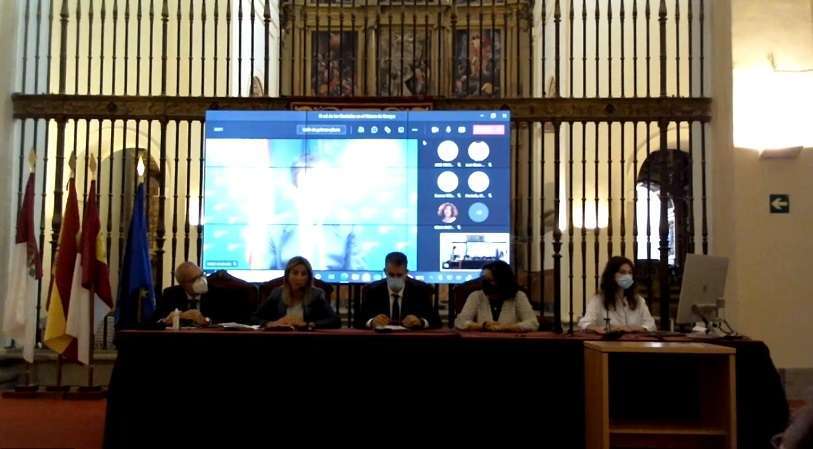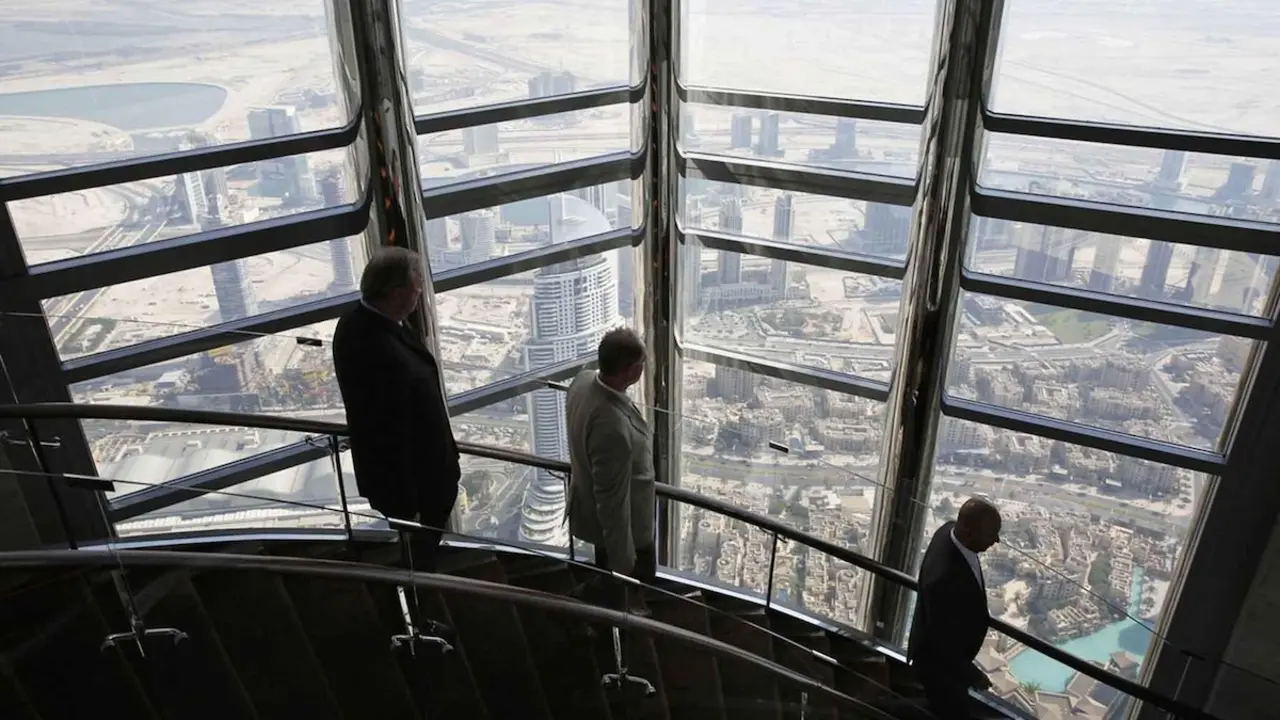The role of cities in the Future of Europe

In a context as complex as that left by the COVID-19 pandemic, the world must step forward and, while recovering from the devastating consequences, make progress on what has been in the works for years. Europe is one of those that must take the lead in innovation, the vanguard of progress at a time of enormous difficulty. And to this end, different European bodies are pointing to the cities as the figure that must gain prominence and drive forward the new stage that is opening up after the pandemic.
It is not simple, but it is vital. As Juan González-Barba, Secretary of State for the European Union, pointed out at the event "The Role of Cities in the Future of Europe", "the city has historically been a stronghold of freedom, a focus of progress". Cities are the place and the means, where innovation is born and what makes it possible. The challenges facing the world in general and Europe in particular mean that all available tools are needed to meet them. Climate change, digitalisation, innovation... Factors that have an increasingly important weight, but that must not put an end to what has made the Old Continent what it is today.

Making tradition and historical heritage coexist with modernisation is one of the challenges to be faced and which occupied a large part of the event presented by the president of the Ideas and Debate Association, Miguel Ángel Benedicto. Fátima Guadamillas Gómez, academic coordinator of the University of Castilla-La Mancha Milagros Tolón and mayoress of Toledo, emphasised the fact of making innovation and tradition coexist, explaining how technological advances themselves can give new impetus to historical heritage. And to do so, she said, using European Union funds should be what makes it possible for European cities to take the necessary steps towards the future.
"The role of cities in the future of Europe" was attended by numerous experts on European matters, such as Doménec Ruiz Devesa, MEP and coordinator of the Constitutional Commission. He, too, wanted to refer to the recovery plan, which, like most of the participants, he considered to be a fundamental pillar for the near future of the European Union. He also considered the Lisbon Treaty to be an important piece of legislation with great advantages for Europeans, but that it needs to be updated as there are certain problems.

The MEP spoke of the ability to use the veto as a major obstacle to the treaty. He gave as an example the case of Cyprus which, despite agreeing with the proposal, blocked the imposition of sanctions on Lukashenko for its own interests. Also participating in this section were Javier Fernández Arribas, Director of the magazine Atalayar, Hannah Abdullah, Senior Researcher in CIDOB's Global Cities Programme, and Anna Lisa Boni, Secretary General of Eurocities. The latter stressed the position of cities when it comes to innovation, saying that "we need to give cities a central role in innovation negotiations" and, furthermore, "cities have to be the reference point for tackling the challenges of the future".
At the end of the meeting, Raquel Jorge Ricart, gulbright fellow at the Elliott School of International Affairs (United States) and specialist in technological and digital public policies, analysed important initiatives that are already underway within the European Union and others that will come soon. The Compass 2030 and the industrial strategy were some of the most important ones. As far as industry is concerned, these projects are going to promote new markets so that there is effective communication between all the companies involved. Thanks to what he called "market place", new economies of scale will be created, lead times will be reduced and economic competitiveness will be improved, which will give a differential boost to European industry.








